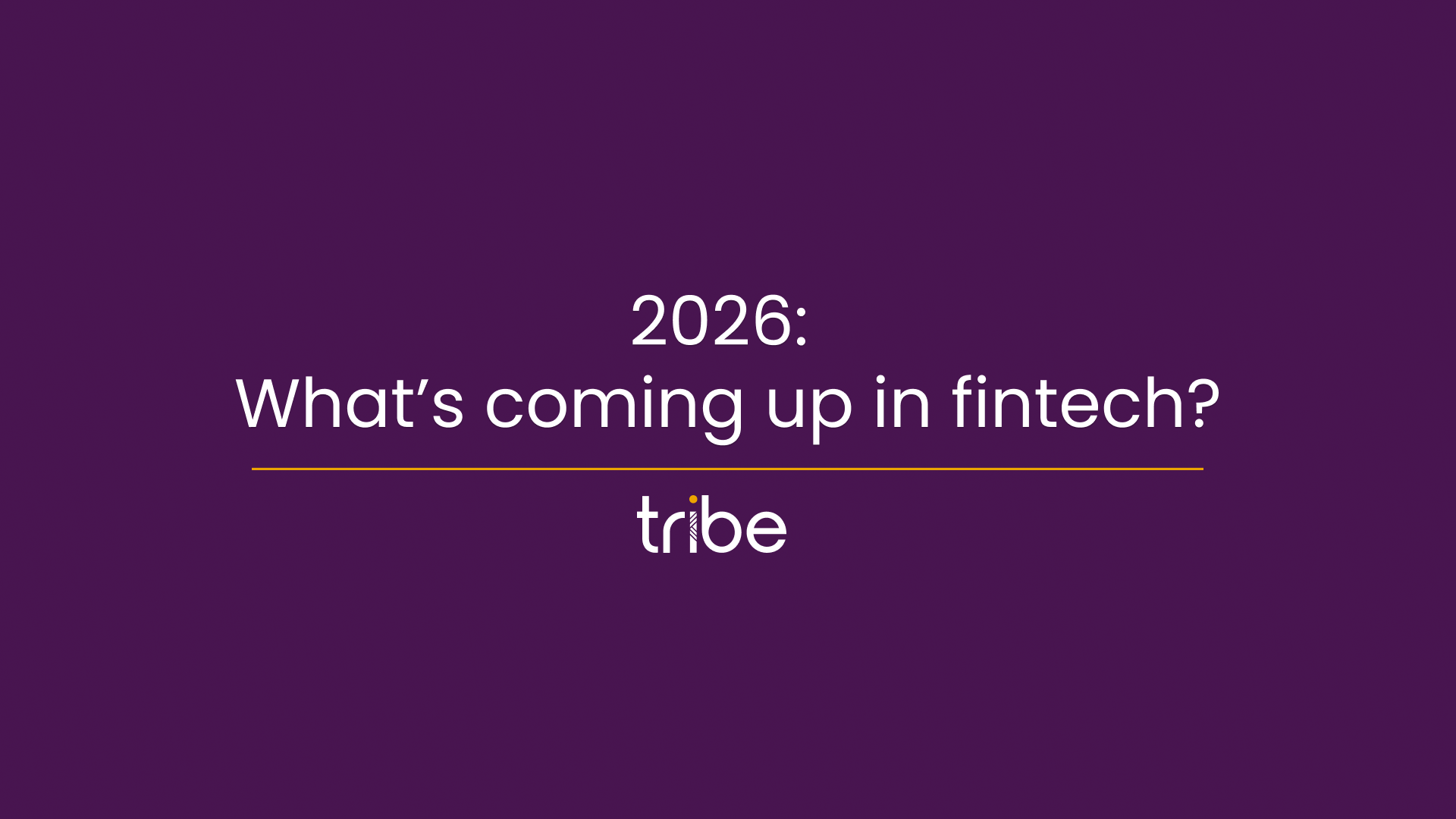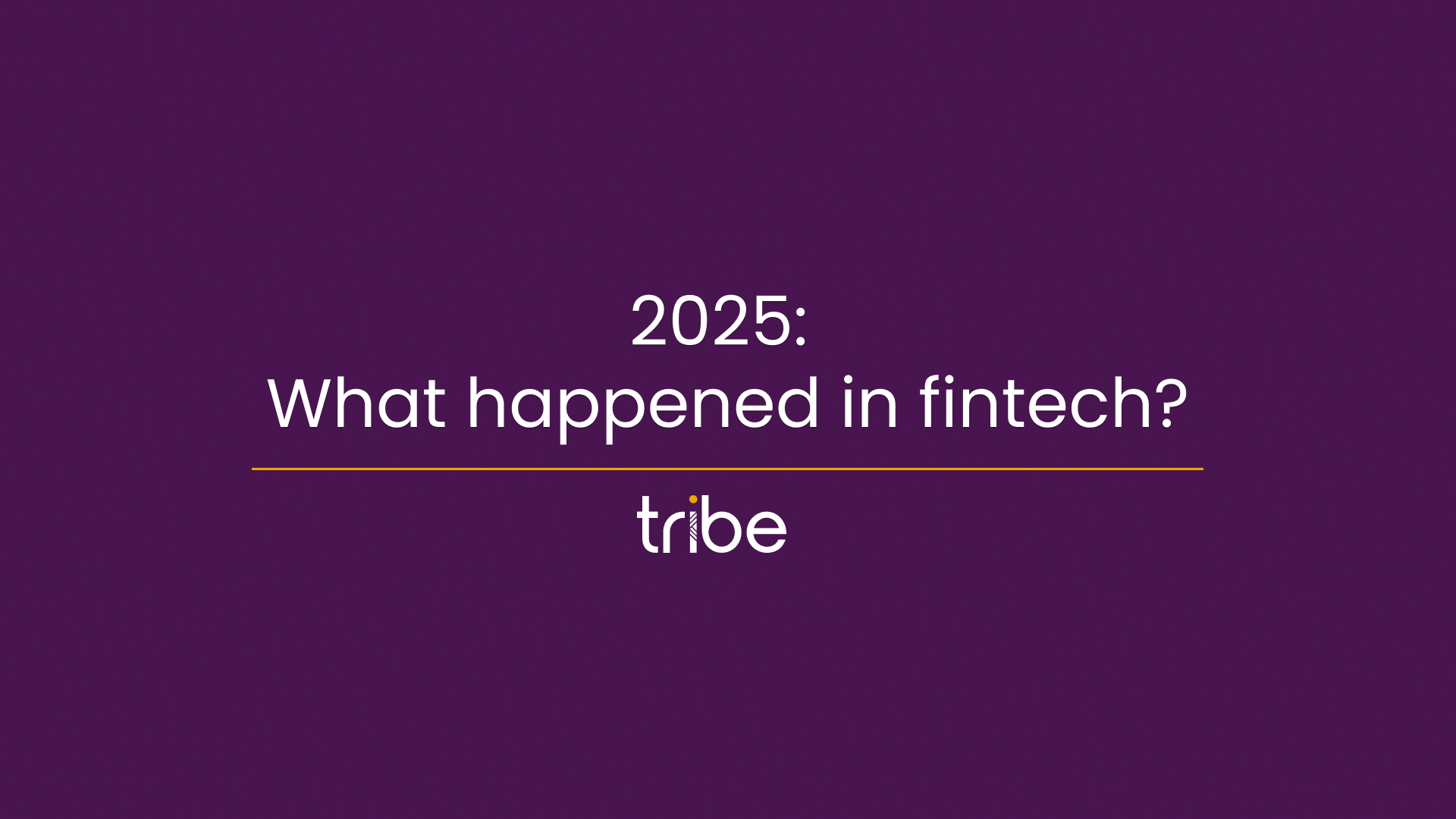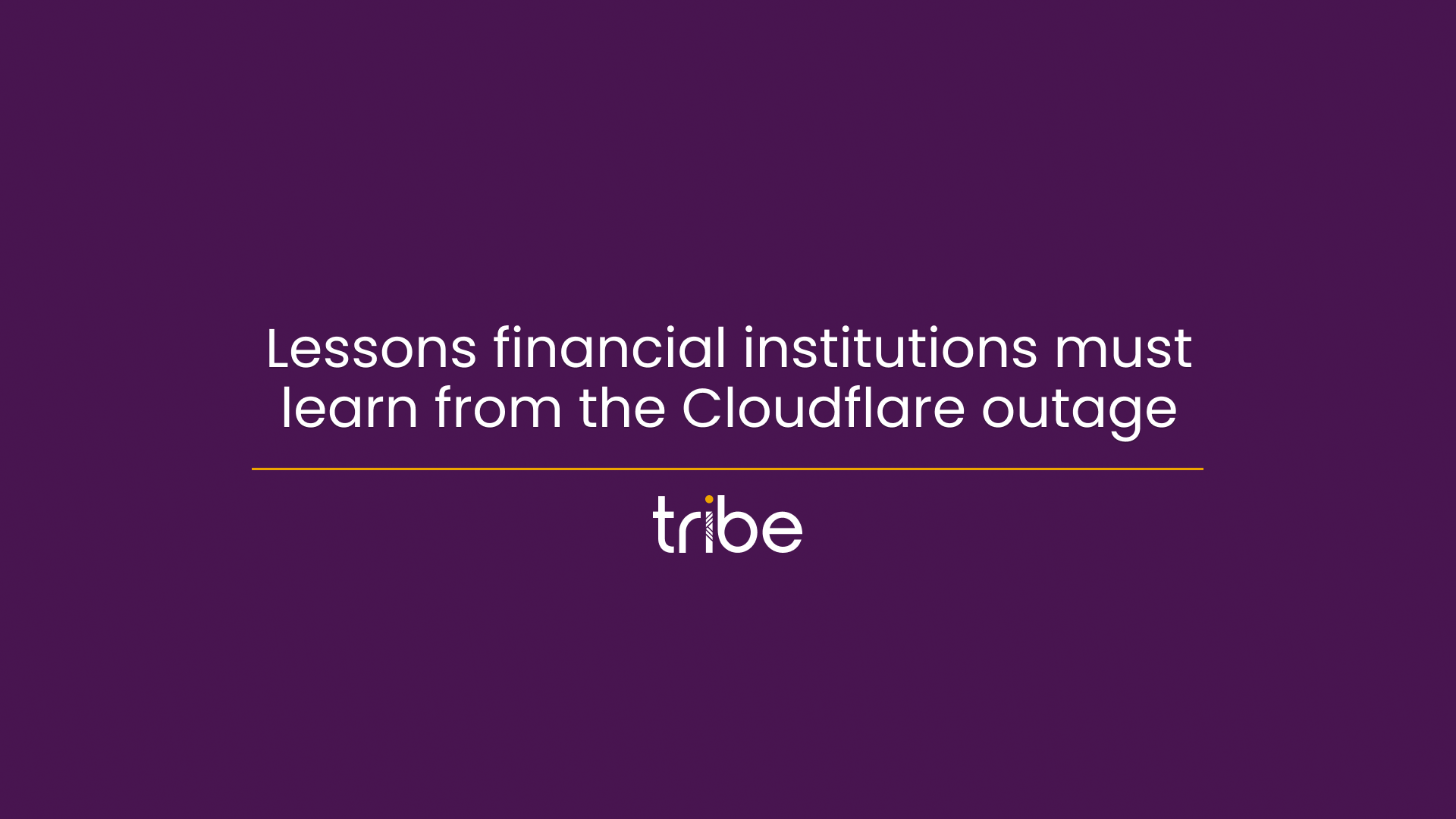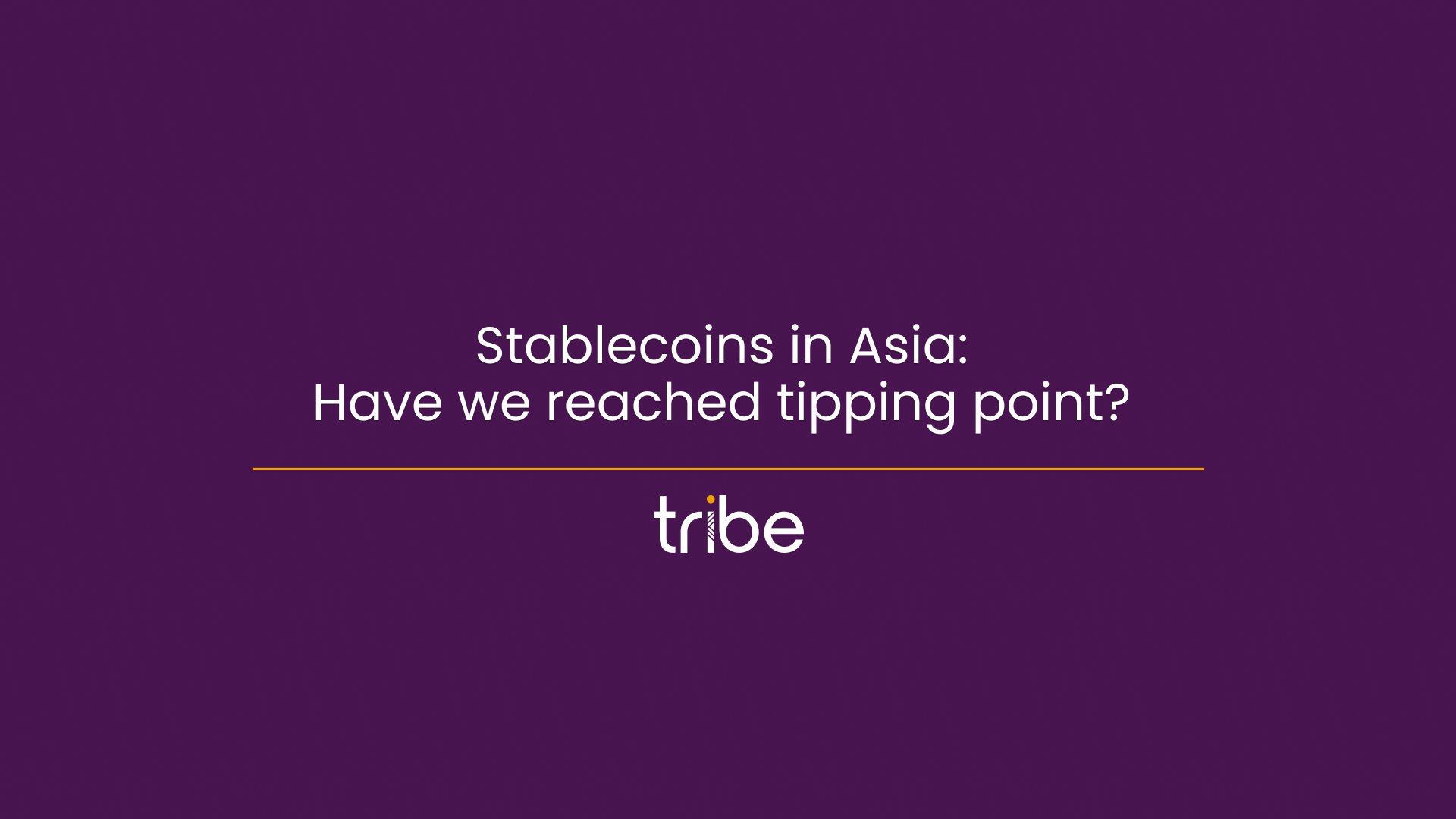Crypto: Where are we now?
We’re heading towards a time where people can transact using digital assets anywhere in the world, but we’re hamstrung by outdated banking systems. Legacy technology is stifling progress, as consumers demand the ability to use a range of different currencies.
So how have we come to this point? What benefits can crypto deliver and what impact can digital currencies have in society? Tribe examines the state of play in the crypto world, along with the challenges and opportunities it presents to fintechs and other businesses alike.
State of play: Has Crypto taken off yet?
There are thousands of digital currencies in circulation, and the International Monetary Fund (IMF) has acknowledged that applying existing regulatory frameworks to crypto assets is particularly challenging since it’s evolving so rapidly, with regulators struggling to both learn the skills and acquire the talent to keep pace.
But is it fully mainstream yet? In a word, no. According to Erica Stanford, author of Crypto Wars: Faked Deaths, Missing Billions and Industry Disruption. Speaking on Tribe’s podcast, To Fintech and Beyond, Stanford said: “We’re literally only just starting. Yes, people are on it, but lots aren’t.
“The infrastructure around crypto is developing so quickly that no one can keep up with it. How often are you going to pay for something entirely in crypto? Practically never. The user experience is a lot better than it was five years ago but it still needs a lot of work.”
Is crypto still too volatile to take off?
Many digital currencies are still exposed to feeling the frenetic rises and falls that comes via social media and influencer marketing – a certain new owner of Twitter being a prime example of someone who has demonstrated the power of freely manipulating the crypto markets.
Perhaps it’s partly for this reason that the appetite for crypto still varies so wildly between nations and blocs around the world, particularly when it comes to government support for mainstream adoption. For instance, while China has implemented an outright ban on digital currencies, El Salvador mandated the acceptance of Bitcoin as legal tender. Unfortunately for the latter, uptake has been low, losing its economy a reported $60m.
Potentially, though, this experiment could have got off to a bad start simply because it is bold and new. In Europe, the mandated implementation of 3D Secure caused a lot of fallout due to technical glitches, the poor user experience and a lack of customer trust. Introducing new technologies into the payments process isn’t enough to drive adoption – the key is education – from the boardroom to consumer level; and it’s certainly the fear of the unknown that is one of crypto’s biggest hurdles.
Can crypto be a problem-solver?
Although cryptocurrencies are still largely considered an investment asset, there is far more room for crypto to contribute.
One of the perennial problems that cryptocurrencies can support is financial inclusion. It can be difficult for those locked out of traditional banking services because of a low credit score to find the right key. And it’s a similar story for those who can’t provide the relevant identification documents for KYC checks.
Decentralised currencies don’t rely on credit scores – and they could theoretically be available to anyone with a smartphone, meaning their reach is almost universal. There’s also a huge advantage of using crypto for remittances, micropayments and cross-border transactions. For migrant workers, for instance, it enables them to send money to their family and friends in their home country in a much faster and cheaper manner.
The key with crypto and financial inclusion is – as our MD Alex Reddish points out – that it can only be part of a wider solution, and not a solution in itself.
As more structure, infrastructure and understanding builds around cryptocurrencies, there will undoubtedly be more and more valuable use cases that take off. The potential of cryptocurrency is that it will offer choice, that people will be able to personalise and choose how their money and assets work for them.
Tribe supports payment processing and digital banking capabilities for some of the world’s largest crypto exchanges. We also offer a fast, easy route for our fintech and acquiring clients to support crypto payments. If you’d like to know more about our solutions, please book a meeting with one of the Tribe.
Want to know the benefits of adding a card programme to your crypto exchange?
Check it here >







.png)
.png)



.png?width=137&height=90&name=Payments%20Awards%20(1).png)


.png)